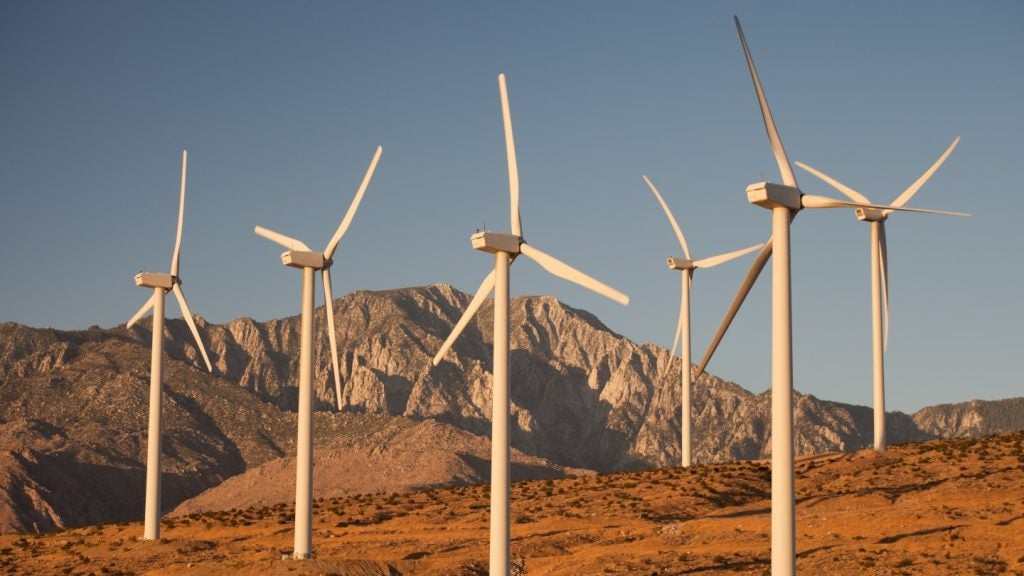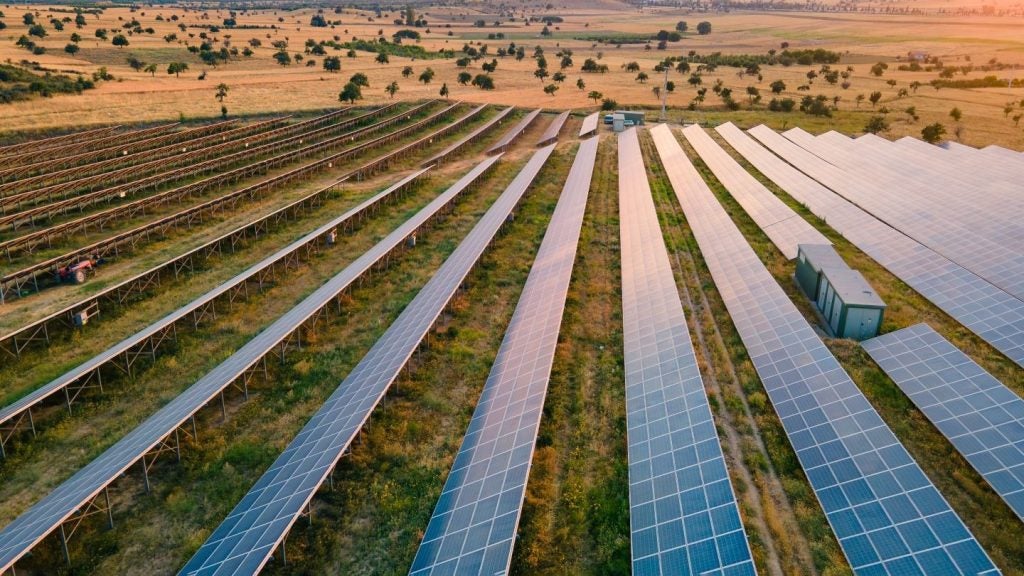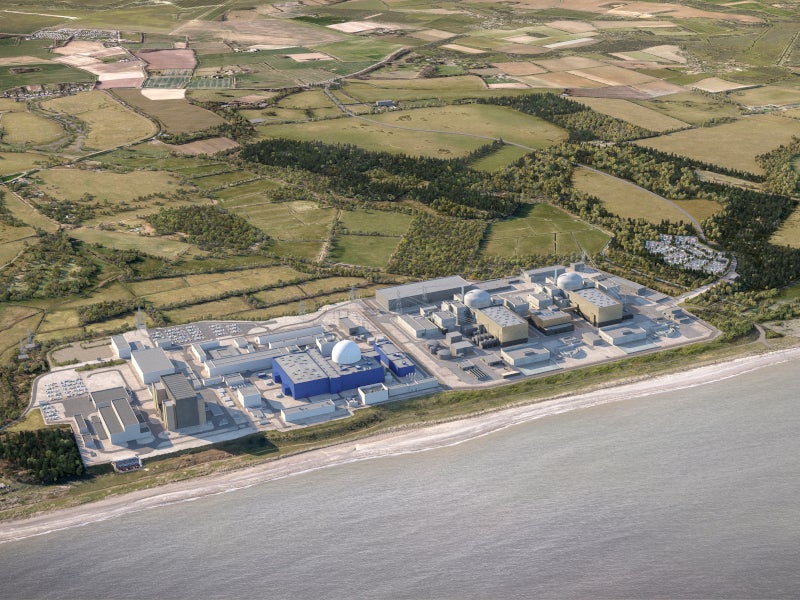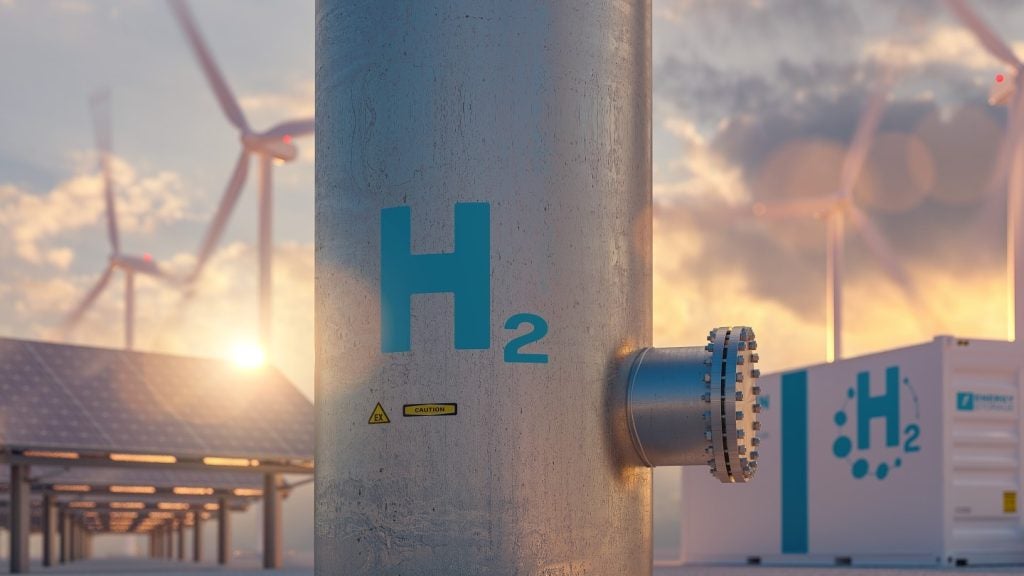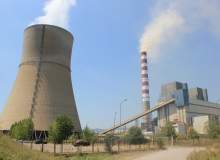

When it comes to tackling climate change and the use of fossil fuels, there’s a fundamental issue that the world still hasn’t quite been able to overcome. It rears its head at every major UN climate change conference, and likely will again in Paris in December when international delegates gather in a bid to finally seal a global, legally binding commitment to reduce greenhouse gas emissions.
The issue is this: how can advanced Western countries, which built the foundations of their prosperity on the unrestricted use of fossil fuels, now deny that same growth engine to countries that want to do the same today? This question has been a bone of contention in many international climate negotiations, and it connects with other debates in the energy sector as the widespread fossil fuel divestment movement continues to pick up steam.
As the most polluting fossil fuel, coal has, with good reason, borne the brunt of the calls for divestment. The US announced that it would stop investing in foreign coal projects in June 2013, and in the following month the World Bank changed its policy on greenfield coal, stating that it would support new coal projects ‘only in rare circumstances’, with tight criteria allowing for coal investment to meet ‘energy needs in countries with no feasible alternatives’.
Kosovo’s growth-stunting power sector
For some time the World Bank has been considering whether Kosovo’s power situation is one of those ‘rare circumstances’ under which it would support the development of a new coal plant. The proposed Kosovo C power plant, currently the only coal project in the development bank’s pipeline, would replace Kosovo A, which is often cited as the largest single-point carbon emitter in Europe.
How well do you really know your competitors?
Access the most comprehensive Company Profiles on the market, powered by GlobalData. Save hours of research. Gain competitive edge.

Thank you!
Your download email will arrive shortly
Not ready to buy yet? Download a free sample
We are confident about the unique quality of our Company Profiles. However, we want you to make the most beneficial decision for your business, so we offer a free sample that you can download by submitting the below form
By GlobalDataSee Also:
The small, landlocked state of Kosovo is the poorest country in Europe after Moldova, and the growth of its $7bn national economy is hamstrung by an inefficient power sector that struggles to meet peak demand. Electricity outages are a regular occurrence in Kosovo, where two ageing coal plants generate 98% of the country’s power supply using its abundant reserves of lignite (or brown coal), the most polluting form of fossil fuel.
Once the Kosovo A plant closes, which is due in 2017, there will be a peak capacity gap of around 950MW, according to World Bank figures, as well as the sector being blighted by high technical and commercial losses, and ineffective billing and collection systems.
Kosovo C: new coal for a new era?
The Kosovo C plant has been proposed for more than a decade, but resistance to a new lignite plant, coupled with a dearth of investors, has meant that the plan has been delayed and scaled down. Kosovo C, which was originally planned as a 2,000MW facility that would have transformed the country into an energy exporter for the Balkans, is now proposed as a two-unit 660MW power station that would require an estimated $1.6bn to construct.
Kosovo finally found a bidder to build the plant in February 2015, when New York-based energy developer ContourGlobal revealed that it had submitted its commercial offer to the Kosovan Government. Although no confirmation of the contract award has yet been announced, ContourGlobal executive vice-president Garry Levesley told Reuters in February that the two units could go into operation between 2020 and 2021 with a 40-year lifespan.
"If things go well, that could be 18 months from today [February 2015] when we can start digging the ground," Levesley said. The executive also stated that the construction project would create 10,000 jobs and the plant’s operation would provide permanent employment for 500 people.
Despite Levesley’s reported assurances of support from the World Bank and the European Union, the World Bank is still considering whether to provide a $58m partial risk guarantee for the project, which will reportedly be 33%-funded by ContourGlobal, with loans covering the rest of the cost. The guarantee would balance the risk for investors leery of committing money in Kosovo’s tricky investment environment. But the controversy that swirls around the project has made the bank hesitant to clarify its stance; it remains locked in environmental and social impact assessments and consultations before it will make a decision, leaving the future of the project uncertain.
"No decision has been taken on the Kosovo power project and no decision will be taken until all of the environmental, social and technical analyses have been conducted and consulted with the public, and our shareholders have given the project their due consideration," a World Bank spokesperson told Devex in February this year.
Is coal the only way for Kosovo?
Given the circumstances, it’s no surprise that Kosovo’s coal expansion plan is coming under fire from environmentalists. Lignite is the dirtiest form of the world’s dirtiest fossil fuel, and the country’s two lignite plants are the prime contributors to more than 800 deaths each year in the country due to air pollution. That death toll (and the societal costs resulting from the health effects of burning coal) would likely remain in place for the foreseeable future.
"The last thing we should be spending our money on is wasteful, dangerous projects that threaten the safety of families and communities at home and abroad," said John Coequyt, director of federal and international climate campaigns at US-based environmental group the Sierra Club, one of the most outspoken critics of the project, along with Kosovan environmental coalition Kosid. "The World Bank and the Obama administration need to stick to their promises of no new coal financing, and ensure that American taxpayers shouldn’t have to ante-up for the losing bet that is coal in Kosovo."
However, the World Bank made no promise of a blanket moratorium on new coal projects. The key question is, therefore, does Kosovo qualify as one of the development bank’s ‘rare circumstances’ where there are ‘no feasible alternatives’ to coal?
The project’s opponents, naturally, argue that it does not. "There are better, cheaper, smarter options, which also happen to be lower-emitting," says Bruce Buckheit, a former US Environmental Protection Agency official who has consulted for the Sierra Club on the Kosovo case. Buckheit has extolled the virtues of establishing natural gas imports from Azerbaijan to make up the energy shortfall, although brand-new gas distribution infrastructure would have to be built to make this happen.
Research led by Professor Daniel Kammen of the University of California, Berkeley (who has also served as renewable energy advisor to the World Bank and the Obama administration) suggests that a combination of improved efficiency, minimised electricity losses, rehabilitation of the Kosovo B plant and direct investment in renewables would mean a sufficient supply without the need for a new plant.
Environmental needs vs human needs
The World Bank and other observers tell a different story. The Sierra Club’s official position is that clean energy investments in Kosovo "would be cheaper, cleaner and create more jobs than the proposed Kosovo C plant", but that doesn’t address the country’s fundamental problem of an unreliable energy supply.
The World Bank has flagged up the low renewable energy potential in Kosovo – a large 305MW hydroelectric plant in Zhur could be built, but according to the bank would likely operate at a capacity factor of only 16%, while solar is deemed too expensive and studies by the European Commission and Swiss renewables promoter Repic have noted the low potential for geothermal and wind energy, respectively.
Furthermore, arguments centred around environmental and cost factors tend to ignore Kosovo’s essential need for baseload generation, something to which coal plants are suited and intermittent renewables like wind and solar are not. This is what can happen when the needs of the environment butt heads with the requirements of humans – the tangible needs of Kosovars (whose health and lives are threatened by winter power cuts as well as air pollution) often seem secondary to environmental campaigners.
"Climate change and the coal issue is one thing, but the humanitarian issue is another, and we cannot turn our backs on the people of Kosovo who face freezing to death if we don’t move in," said World Bank Group president Dr Jim Yong Kim in a 2014 conference call.
In any case, the debate was never a binary argument putting clean investment against dirty coal. Even if built, the World Bank and the Kosovan Government has always envisaged the Kosovo C plant as part of wider energy sector reforms, including rehabilitating Kosovo B to meet EU compliance standards, developing renewables, and improving efficiencies across the board.
The World Bank has yet to announce its support for Kosovo C, and the jury is still out on whether the lignite plant is the best (or indeed only) way to balance the needs of Kosovo’s people and energy sector with the wider emissions picture. The debate will rage on either way, but hard-nosed participants on both sides would do well to consider whether their entrenched positions are truly serving those who ought to be at the forefront of their minds – the people of Kosovo.




